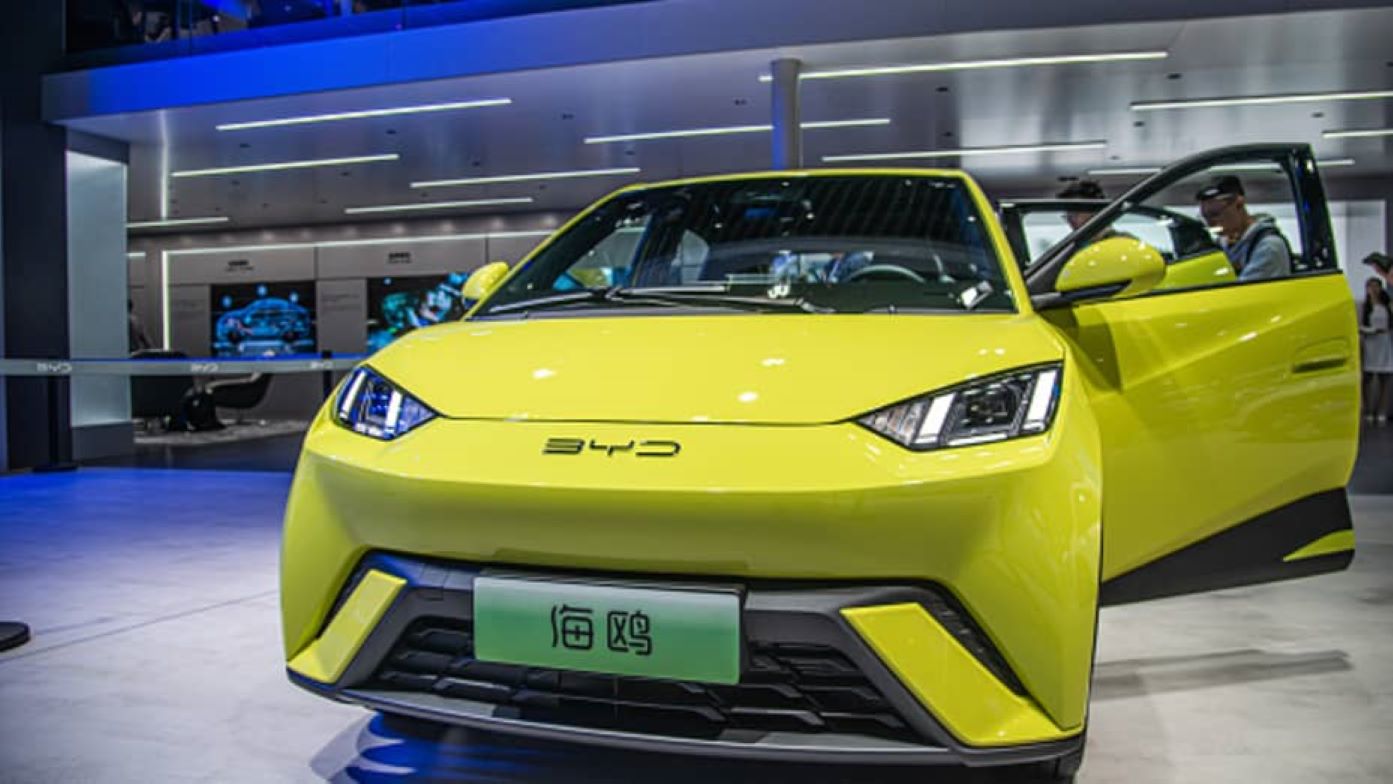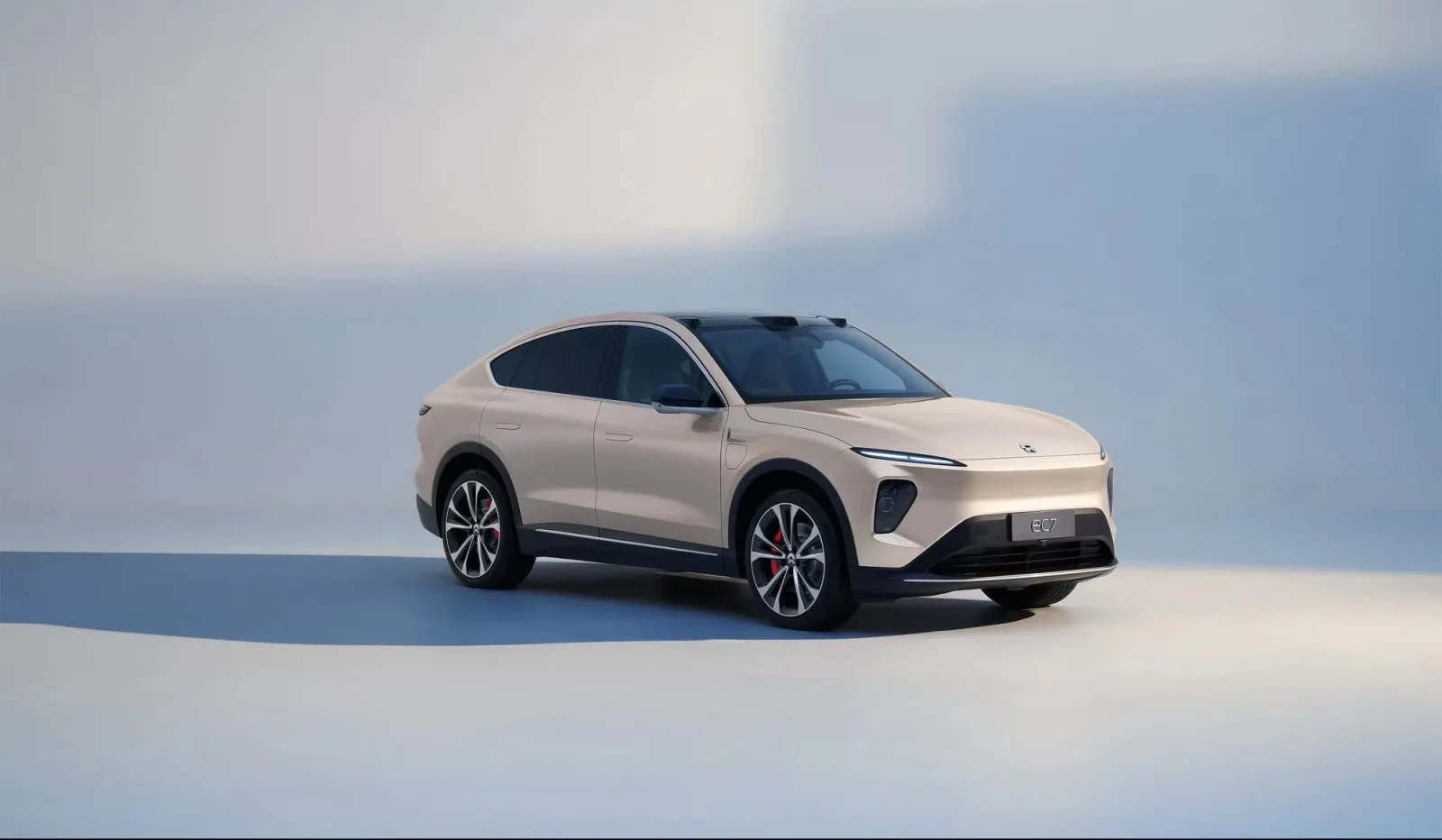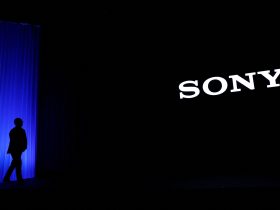On Tuesday, Chinese electric vehicle (EV) makers listed in Hong Kong experienced a decline in their shares amid growing concerns of price wars within the sector.
China’s EV market, renowned as the world’s largest and most competitive, is witnessing intense rivalry among local contenders and U.S. behemoths like Tesla, all vying to capture as much market share as possible through promotional activities and price reductions.
“While across-the-board price cuts will exert pressure on near-term earnings and margins, this could be counterbalanced by a surge in demand as EVs appeal to a broader spectrum of consumers,” remarked Yuqian Ding, head of China auto research at HSBC Qianhai.
Despite an uptick in consumer interest, the inclination to “wait for a better price” continues to impede sales volumes for EV manufacturers, Ding observed. Approximately 30% of China’s entire auto market comprises electric vehicles, predominantly sourced from domestic brands.

On Tuesday, most Chinese EV companies faced downward pressure in the market. Li Auto’s Hong Kong-listed shares dropped by 3.9%, Nio experienced a 3.6% decline, and Xpeng saw a 1.8% decrease, while BYD shares managed a modest increase of 0.4%.
Tesla, aiming to bolster its position in China, introduced new incentives on Friday, such as discounts on car insurance and preferential financing plans for a limited duration.
Li Auto recently revealed its latest EV offering, the “Mega,” a multipurpose vehicle priced at 559,800 Chinese yuan ($77,756), featuring amenities like a built-in refrigerator and sofa. The company reported a year-on-year increase in vehicle deliveries for February but a month-on-month decline from January.
Leapmotor, backed by Stellantis, reduced prices for its new EV version of the C10 SUV, aiming to enhance its competitive edge.

Despite challenges, some players like BYD have demonstrated resilience by lowering prices and launching updated versions of their popular models.
Bernstein analysts anticipate continued demand growth in China’s EV market while acknowledging the escalating competitive space and ongoing pricing pressures.
In an official statement released during China’s “Two Sessions” meeting, Beijing highlighted efforts to bolster the new energy sector, including tax reductions for EV purchases and infrastructure support, contributing to a significant uptick in new energy vehicle sales in 2023.
Chinese President Xi Jinping recently emphasized the need for further support for new energy vehicle development, particularly in charging infrastructure.







Leave a Reply